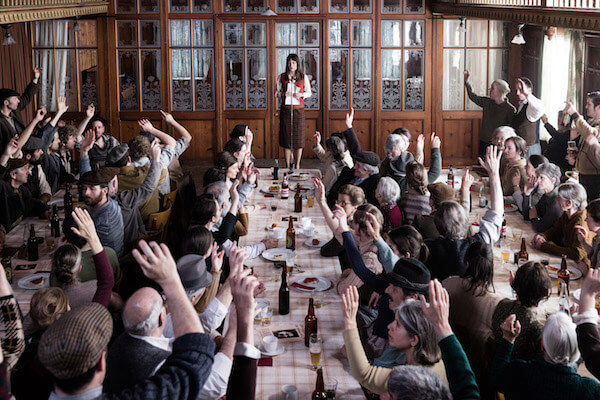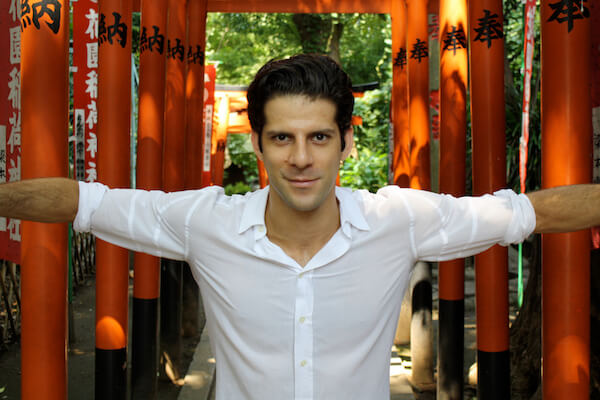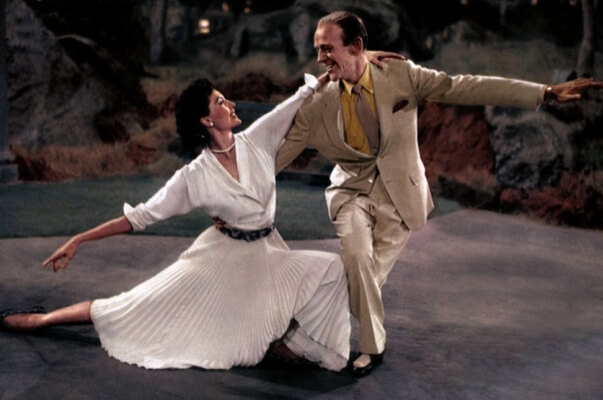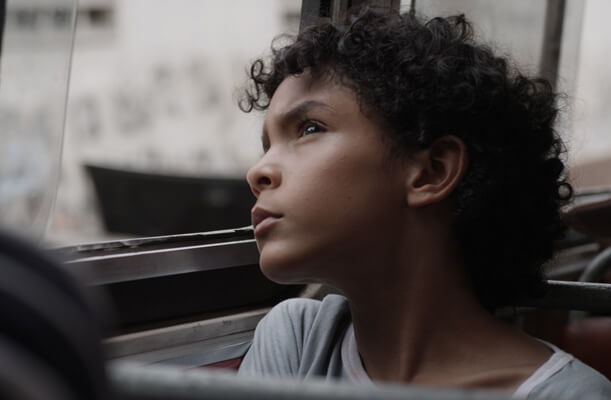Marie Leuenberger portrays a housewife radicalized into a feminist in Petra Volpe’s “The Divine Order.” | ZETIGEIST FILMS/ KINO LORBER
Swiss director Petra Volpe’s “The Divine Order” arrives in American theaters at an opportune time. The extent of sexism in our film industry and culture finally seems to be coming to light, although it’s obvious there must be dozens of men who act as badly as Harvey Weinstein did, if not on the same scale.
Volpe has made a film that’s overtly feminist — a celebration of Swiss women’s fight to vote, which they had to wage as late as 1971 — and tries to appeal to the widest possible audience (undoubtedly easier in Switzerland than contemporary America, where people who might be attracted by the politics of “The Divine Order” could be scared off by the fact that it’s subtitled). Volpe’s film comes across as the feminist equivalent of the underrated British film “Pride,” which served up an entertaining depiction of gay activists uniting with striking working-class miners in Thatcher’s Britain. But there’s something timid about it; ultimately, it’s too devoted to reconstructing the early ‘70s rather than finding parallels to our present, where misogyny seems to be gaining ground over women’s rights.
Nora (Marie Leuenberger) is a housewife in the region of Appenzell when “The Divine Order” begins in 1971. She is busy taking care of her husband Hans (Max Simonischek) and two sons, and she has a teenage niece Hanna, who has been sent to reform school because she is sexually active and wants to date an older man. Then she attends a meeting where an anti-feminist woman attacks the fight for suffrage. Offended by what she hears, she speaks up for the right to vote and takes her first steps toward activism.
Petra Volpe ‘70s feminism tale touches all the bases, but lacks celebration
Nora and Mrs. Dr. Charlotte Wipf, head of the “Anti-Politicization of Women Action Committee,” become enemies. But Nora starts making friends with women who share her views. She also makes more demands on her husband, realizing that he should share housework and, of equal importance, satisfy her sexually.
Part of what’s wrong with “The Divine Order” can be summed up by the opening sequence: a montage of American anti-war protesters, Janis Joplin onstage, hippies wallowing in the mud at Woodstock, the Black Panthers. Aretha Franklin’s “Respect” plays over the closing credits. This is the laziest possible way to spell out “the ‘60s,” and although the film’s set in a small Swiss village, all these references are American. Some of its other attempts at period re-creation are better, as when Nora barges into Hanna’s room because she’s playing a hard rock album at wall-shaking volume. There’s an “Our Bodies, Ourselves”-style workshop celebrating “Yoni Power,” where woman gaze at their vaginas in hand mirrors. Composer Annette Focks abandons her orchestral tones of the rest of the film here in favor of a psychedelic swirl of sitars and congas.
“The Divine Order” was deliberately made with women in many of the key technical positions, such as cinematography, production design, and, as mentioned, music composition. Volpe wrote its script herself. In the press kit, she says, “Being a woman, being a man, these are roles you can play with… To this day men as well as women are limited by their prescribed gender roles.” That’s an attitude essential to both gay liberation and most versions of feminism. “The Divine Order” doesn’t address the intersection between lesbianism and feminism, though, of course, it’s not obliged to. It does, however, show how the looser masculine roles opened up by the counterculture led to gay-baiting, which happens both to men who have long hair and those with progressive politics.
The political credentials of “The Divine Order” are not in doubt, but it doesn’t succeed at being as joyful as “Pride” or as effective a drama as Ken Loach’s “I, Daniel Blake.” In order to convey its message, it needs to work as entertainment, and much of the screenplay seems like a succession of points that Volpe felt she needed to hit, both in terms of the period setting and how a woman who didn’t care about politics got radicalized.
The best scene is actually the last one. I’ll just say that you will never see something like that in a mainstream American film, especially as the coda to a movie like this, and it shows, along with recent films about gay men like “God’s Own Country” and “BPM (Beats Per Minute),” how Europeans have partially shaken off a Puritan heritage about sex we’re still immersed in here in the US.
THE DIVINE ORDER | Directed by Petra Volpe | In German with English subtitles | Zetigeist Films/ Kino Lorber | Opens Oct. 27 | Film Forum, 209 W. Houston St. | filmforum.org






































